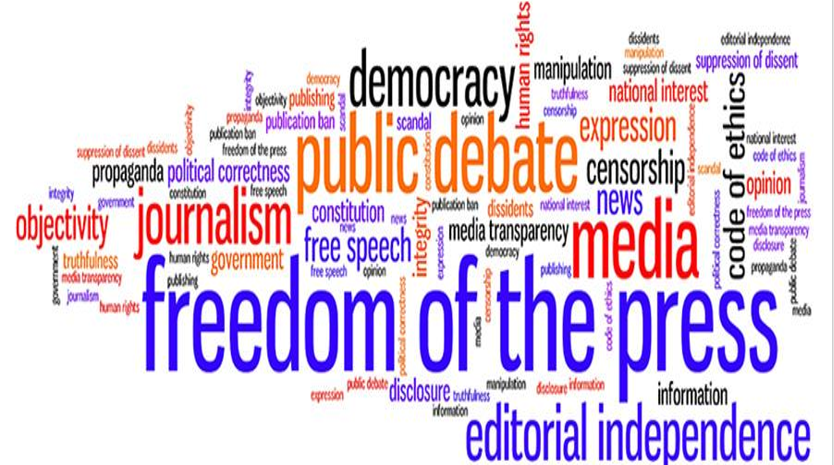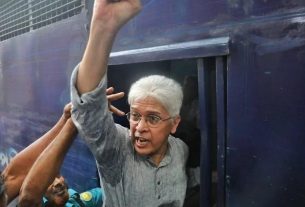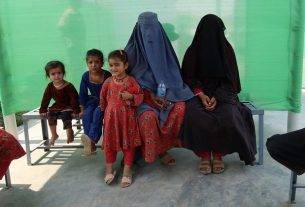Amnesty International has called for the immediate release of Sierra Leonean-Canadian reality TV star Hawa Hunt, who has been detained for over a month on charges of insulting President Julius Maada Bio and his wife. Hunt, 42, was arrested on December 22, 2024, while participating in the popular reality show House of Stars. She faces charges under Sierra Leone’s Cybersecurity and Crime Act 2021, accused of posting a viral social media video that allegedly incited public disorder and defamed the President and First Lady.
Detention and Legal Concerns
In a statement released Thursday, Amnesty International’s senior researcher for West and Central Africa, Michèle Eken, expressed alarm over Hunt’s extended detention and the negative impact it is having on her mental health. Despite multiple bail requests being denied, Hunt remains in custody. Amnesty has urged the Sierra Leonean authorities to comply with international standards of due process, emphasizing that detaining individuals pending trial should only be done when absolutely necessary and proportionate to the offense. The organization also highlighted that non-custodial options, such as bail, should be preferred.
Eken also criticized the use of the Cybersecurity and Crime Act 2021, which Hunt has been charged under, pointing out that the law poses a potential threat to freedom of expression in Sierra Leone. Amnesty has previously raised concerns about the act’s potential to infringe upon individuals’ right to free speech. The organization advocates for decriminalizing offenses like libel and defamation, urging Sierra Leone to align its laws with international human rights standards.
Freedom of Expression at Risk
Hunt’s case has sparked a broader debate over the limits of freedom of expression and the right to criticize government officials in Sierra Leone. The country’s Constitution, adopted in 1991, guarantees fundamental freedoms, including the right to freedom of expression (Section 25) and peaceful assembly (Section 26). However, critics argue that the Cybersecurity and Crime Act 2021, which introduced new online conduct offenses, could conflict with these constitutional protections by criminalizing public criticism of government figures.
Civil society groups have voiced concern that the law may be used to suppress dissent, particularly in the context of political commentary. They argue that such legislation could stifle public discourse and restrict citizens’ ability to freely express their opinions about the government.
The Call for Reform
Amnesty International’s call for Hunt’s release is part of a broader advocacy for reforms to ensure that Sierra Leone’s legal framework upholds the rights guaranteed under its Constitution. The case highlights the tension between safeguarding national security and maintaining the rights to free expression and assembly—issues that are central to the democratic process.
As the debate continues, the international community, including human rights organizations, is closely monitoring developments in Sierra Leone, urging the government to respect the fundamental freedoms enshrined in its Constitution while addressing the concerns raised by activists and citizens alike.



